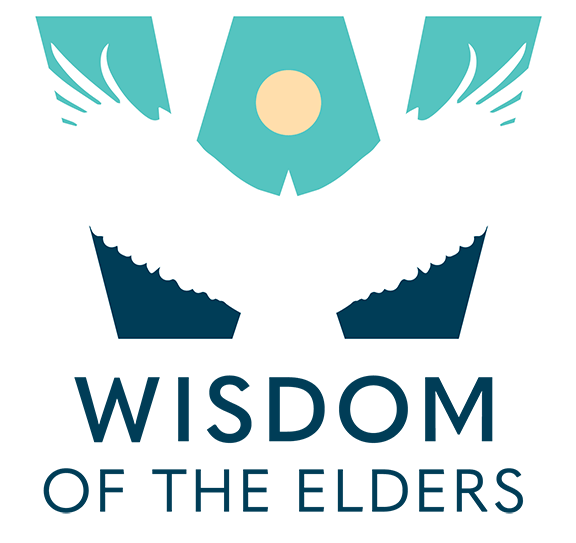Elder Wisdom:
Barbara Roberts features Pulitzer Prize winning author and poet, N. Scott Momaday who shares narrative, storytelling and poetry. The program features the landscape of Momaday’s childhood in Oklahoma which helped him develop a deep affinity for Kiowa sacred ground. The program includes mention of the Kiowa Gourd Dance society and a reading of the Navajo Night Chant.
Artist’s Spotlight:
Wisdom of the Elders’ theme song, Wisdom of the Elders, is introduced, written and performed by WISDOM’s Music Director, Nico Wind.
Health and Healing:
Judy Bluehorse Skelton discusses indigenous way of developing a relationship with the plant world and native herbalists’ lifetime commitment to herbal medicine.
Tribal Rhythms:
Nico Wind shares the origin and relevant music segues from the Kiowa Goard Dance Society including the story of a warrior’s encounter with a red wolf. She tells the story of how the warrior was taught songs and dance and instructed to use them to honor Kiowa warriors for bravery and deeds in battle.
Taheebvu Chadi:
Song carrier Judy Trejo shares stories of her lineage as a Northern Paiute and Pitt River Indian, her ability as a child to heal wild pets, and her relationship with her great grandmother who was a healer.
Turtle Island Storytellers:
Mary Louise Defender Wilson tells the Dakota legend of the old woman who lives in the sacred earth in an ancient cave with her dog. At the end of her story, she discusses the importance of storytelling to younger generations, “that each generation will carry something from the previous one, that will make them become more civilized and more high-minded and able to be kind, gentle and helpful to each other.”
Host Arlie Neskahi concludes today’s program by saying “We are excited to use the medium of radio to continue our oral traditions. You know, many of our youth may not have access to elders and teachers. In this way, we hope to breathe life to them wherever they may be. And through the songs, stories and teachings, they may discover a new direction and in time remake their connection to their culture. And to all people of various other cultures and backgrounds who share this great land with us, may you be also called to live joyfully and prayerfully with us as neighbors upon Earth Woman. And may we together utilize our Wisdom of the Elders to make a better community and future for all. Hagoo aneh. (‘Till we meet again).”

